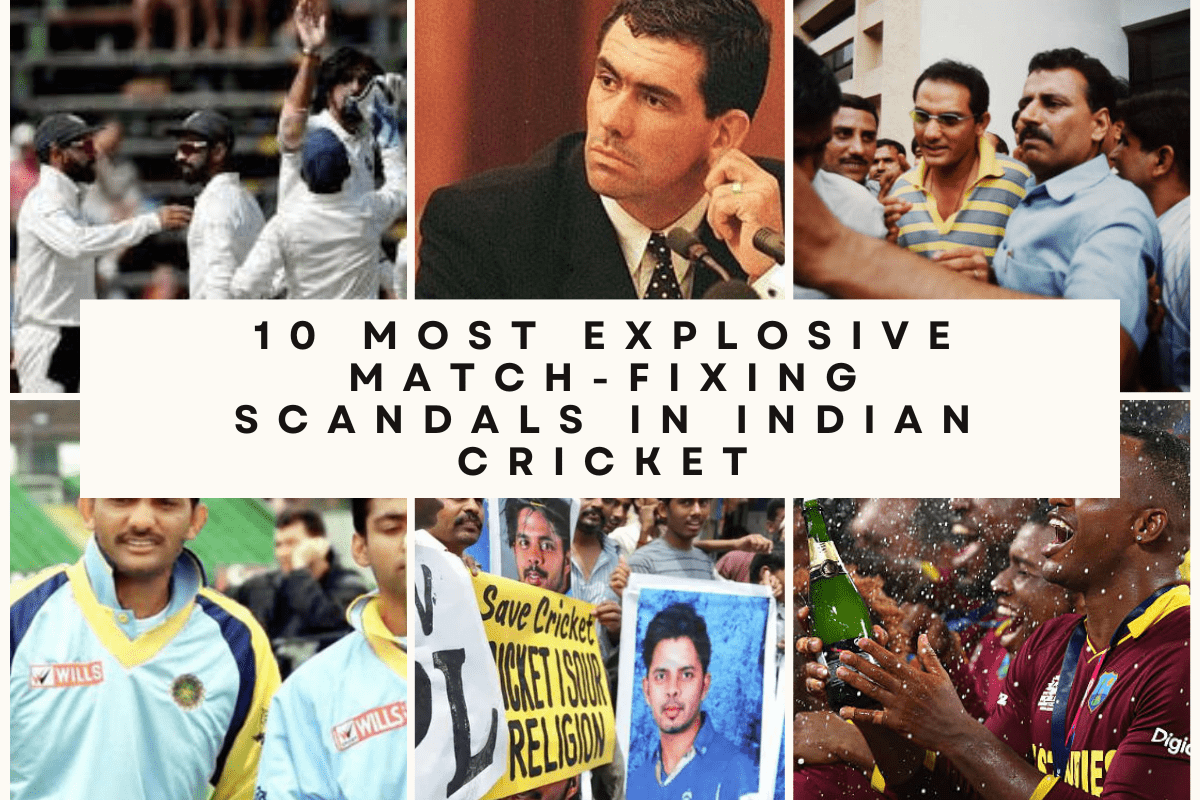Cricket has seen its fair share of scandals and controversies, and in India, it is occasionally praised as a religion. As the game’s popularity surged, so did the instances of corruption and dishonesty, leaving an indelible stain on the sport. In this exposé, we unveil the 10 most explosive match fixing scandals in Indian cricket history that left fans questioning the integrity of their beloved game.
From the infamous Hansie Cronje scandal to the dark underbelly of the Indian Premier League (IPL), we delve deep into the murky world of betting, spot-fixing, and rampant corruption that plagued Indian cricket. Join us as we look at the shocking truths behind these controversies, the key players involved, and the aftermath that shook the sport to its core.
This detailed account sheds light on the complex web of deceit that has tarnished the reputation of Indian cricket and led to the downfall of some of its most celebrated heroes. With exclusive insights and in-depth analysis, this article is a must-read for every cricket enthusiast seeking to understand the dark side of their beloved sport.
Hansie Cronje Scandal (2000)
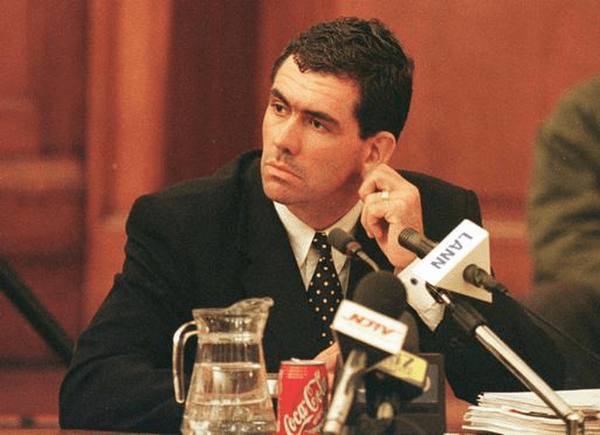
The Hansie Cronje scandal was one of cricket’s earliest and most high-profile match-fixing controversies. In 2000, the South African cricket team’s captain, Hansie Cronje, was accused of accepting bribes from Indian bookmakers to underperform in matches. The Delhi police uncovered incriminating evidence through intercepted phone conversations between Cronje and the bookies.
The scandal shocked the cricketing world and triggered a massive investigation. Cronje initially denied the accusations but later admitted to his involvement in match-fixing during a subsequent inquiry. The United Cricket Board of South Africa (UCBSA) banned Cronje from all forms of cricket for life. This scandal was a turning point, highlighting the vulnerability of international cricket to corruption.
Mohammad Azharuddin Ban (2000)
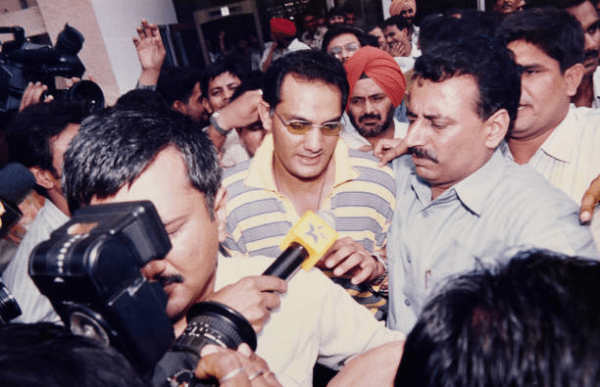
The same year, former Indian cricket team captain Mohammad Azharuddin was implicated in a match-fixing scandal. Azharuddin was involved in the match-fixing charges after a comprehensive investigation by India’s Central Bureau of Investigation (CBI) revealed his participation. He was accused of fixing matches and liaising with bookmakers.
Azharuddin initially denied the allegations but later confessed to his role in match-fixing during the CBI inquiry. The Board of Control for Cricket in India (BCCI) imposed a life ban on Azharuddin, ending his illustrious cricket career. The ban was later lifted in 2012 by the Andhra Pradesh High Court, but the damage to his reputation had already been done.
Ajay Jadeja & Manoj Prabhakar Scandal (2000)
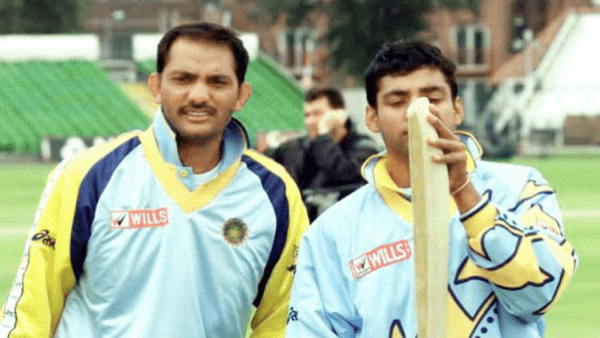
Ajay Jadeja and Manoj Prabhakar, two prominent Indian cricketers, were also implicated in match fixing scandals in 2000. Jadeja was accused of linking with bookmakers and providing information to facilitate match-fixing. As a result, the BCCI imposed a five-year ban on Jadeja, which was later reduced to four years by the Delhi High Court.
Manoj Prabhakar, a former Indian all-rounder, faced allegations of match-fixing and involvement with bookies. Prabhakar retired from cricket in 1996 but was pursuing a career in coaching when the scandal broke. The BCCI barred him from holding any position in Indian cricket, effectively ending his coaching aspirations.
Marlon Samuels Spot-Fixing (2007)
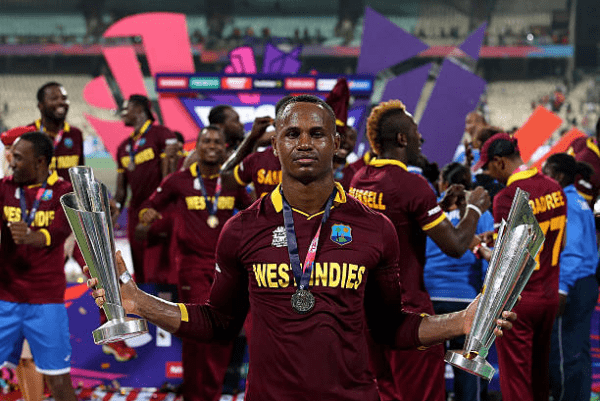
In 2007, West Indian cricketer Marlon Samuels faced accusations of spot-fixing during a One-Day International (ODI) series against India. Samuels was accused of providing insider information to an Indian bookie in exchange for money. The International Cricket Council (ICC) investigated the allegations and found Samuels guilty of breaching its Code of Conduct.
The ICC imposed a two-year ban on Samuels, preventing him from participating in any form of cricket during that period. The West Indian cricket board supported the ICC’s decision, and Samuels served his ban before returning to international cricket.
IPL Spot-Fixing Scandal (2013)
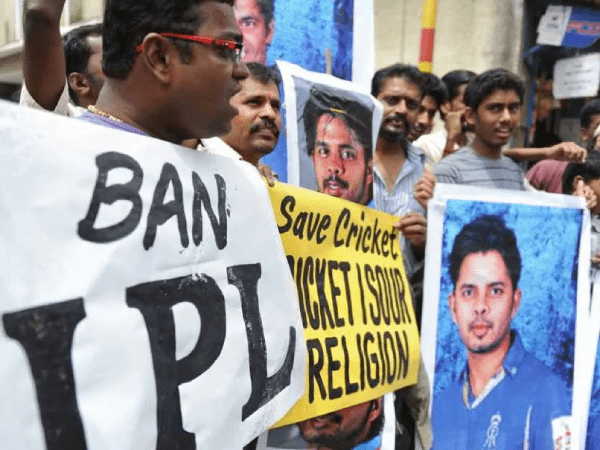
The Indian Premier League (IPL), one of the most popular cricket tournaments globally, was hit by a major spot-fixing scandal in 2013. Three Rajasthan Royals players – S. Sreesanth, Ankeet Chavan, and Ajit Chandila – were arrested by the Delhi police for their involvement in spot-fixing. The players were accused of accepting money from bookies to underperform in specific IPL matches.
The BCCI conducted an internal investigation and found the players guilty of violating its anti-corruption code. Sreesanth was handed a life ban, while Chavan and Chandila received bans of varying lengths. In 2015, a Delhi court acquitted all three players of criminal charges due to insufficient evidence. However, the BCCI upheld its prohibitions, and the players’ careers were effectively derailed.
Chennai Super Kings & Rajasthan Royals Suspension (2015)
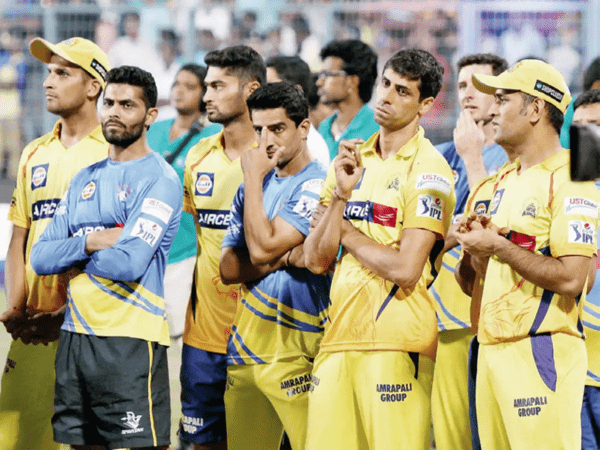
In another massive blow to the IPL, two of its most successful franchises, the Chennai Super Kings and Rajasthan Royals, were implicated in a betting scandal in 2015. Gurunath Meiyappan, the son-in-law of former BCCI president N. Srinivasan and a team official for the Chennai Super Kings, was found guilty of illegal betting. Raj Kundra, co-owner of the Rajasthan Royals, was also accused of being involved in betting activities.
The Lodha Committee, commissioned by the Indian Supreme Court to investigate the matter, suggested suspending both franchises for two years. Consequently, the BCCI enforced the suspension, and the teams were barred from participating in the IPL for two years.
Sharjeel Khan and Khalid Latif PSL Scandal (2017)
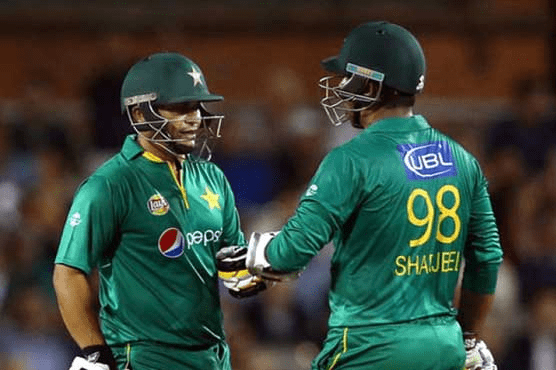
In 2017, the Pakistan Super League (PSL) was hit by a spot-fixing scandal involving Pakistani cricketers Sharjeel Khan and Khalid Latif. Both players were accused of accepting money from an Indian bookie to underperform in PSL matches. The Pakistan Cricket Board (PCB) investigated and found the players guilty of breaching its anti-corruption code.
Sharjeel Khan received a five-year ban, half suspended, while Khalid Latif was handed a five-year ban and a hefty fine. The scandal highlighted the ongoing corruption issue in cricket and its potential to infiltrate various leagues and tournaments.
Al Jazeera Sting Operation (2018)
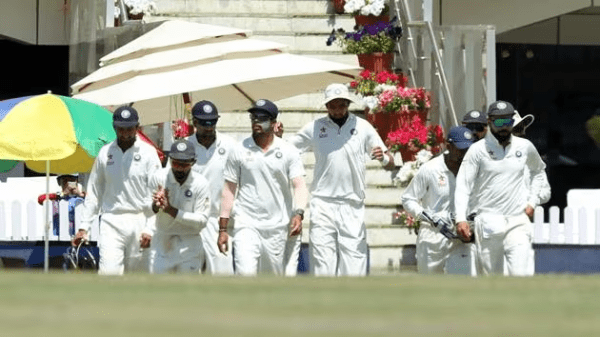
In 2018, an Al Jazeera documentary exposed corruption in international cricket through a sting operation. The documentary featured secretly recorded conversations with a match-fixer who claimed to have rigged matches involving several countries, including India. The match-fixer alleged that he had bribed groundsmen to prepare pitches that favored specific outcomes and had influenced players to fix specific events within matches, such as spot-fixing.
The ICC investigated the allegations, scrutinizing matches involving the Indian cricket team. The investigation’s findings are still unclear, but the documentary provided a sobering reminder of the corruption in cricket’s persistent danger.
Shakib Al Hasan Ban (2019)
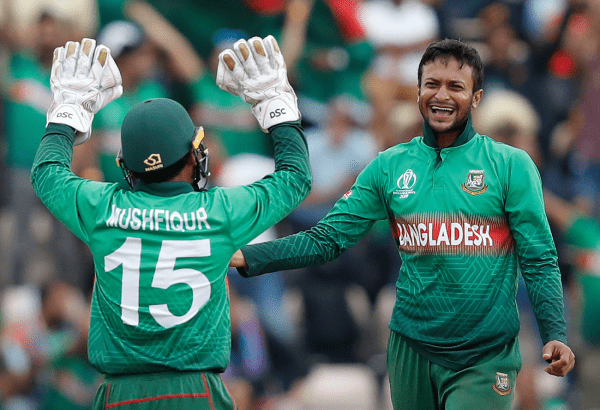
Bangladeshi cricketer Shakib Al Hasan, one of the world’s top all-rounders, faced a two-year ban from cricket in 2019 for failing to report corrupt approaches from an Indian bookie. The ICC found Shakib guilty of breaching its anti-corruption code on multiple occasions. Shakib admitted his failure to report the methods and accepted the ban imposed by the ICC.
KPL Betting Scandal (2019)

In 2019, the Karnataka Premier League (KPL), a domestic T20 tournament in India, was embroiled in a betting and match-fixing scandal. Several cricketers and team owners were arrested following investigations by the Karnataka police. The cricketers were accused of accepting money from Indian bookies to underperform in KPL matches, while team owners were implicated in facilitating such activities.
The investigations and subsequent arrests exposed the deep-rooted corruption infiltrating even domestic cricket leagues. The BCCI and state cricket associations have since taken measures to enhance their anti-corruption mechanisms to protect the integrity of the sport.
Conclusion
The match fixing scandals that have rocked Indian cricket over the years have disillusioned and disheartened fans. These controversies have exposed the dark side of the sport, casting a shadow over the achievements and dedication of countless cricketers. The involvement of prominent players and cricketing officials has further tarnished the sport’s image in the public’s eyes.
However, these scandals have also led to significant reforms in regulating and monitoring cricket. The authorities, including the BCCI and the ICC, have stepped up their efforts to tackle corruption, implementing stricter regulations and improving vigilance. The focus on educating players about the dangers of corruption and the consequences of involvement in such activities has increased.
As fans, it is essential to remember that while these match fixing scandals have exposed the sport’s vulnerabilities, they do not represent the entire cricketing fraternity. Most players and officials continue to uphold the spirit of the game and work tirelessly to maintain its integrity. Supporting their efforts and contributing to the fight against corruption is crucial to remaining vigilant and reporting suspicious activities.
The match-fixing events covered in this essay serve as a harsh reminder of the difficulties Indian cricket must overcome. The sport has undoubtedly been scarred by these incidents, but they also highlight the need for constant vigilance and stringent action to protect the game’s integrity. As fans, players, and administrators, we must collectively ensure that cricket remains a sport enjoyed and cherished for its fair play, skill, and passion. By banding together, we can only avoid future scandals like this from tarnishing the sport and guaranteeing that cricket thrives free of corruption.
Suggested Post:
Top 10 Greatest Indian Pace Bowlers of All Time: A Comprehensive Ranking
Top 5 Indian Cricketers Wives: Mesmerizing Beauties You Can’t-Miss!

